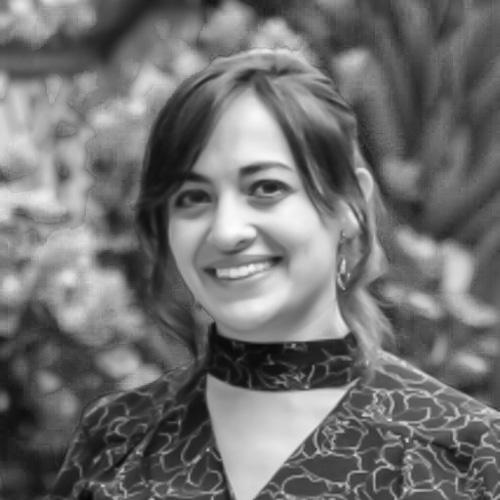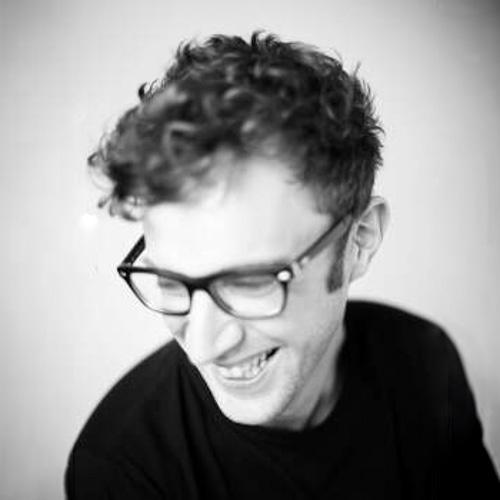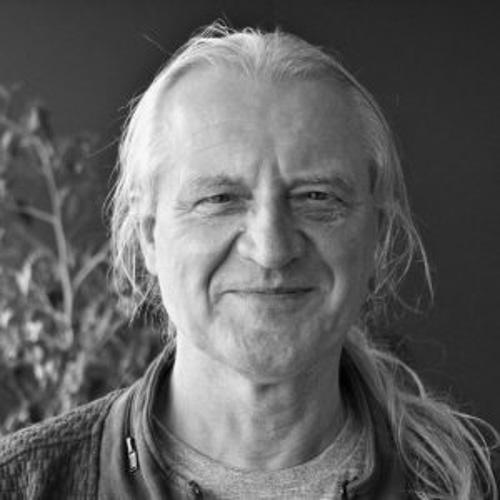2023 - 2027 | VUB/UCOS
Project description
This research proposal aims to explore the life-world experiences of children aged 6 to 12 to ascertain their comprehension of the "Living well" between the ages of six to twelve living in the rural community of Chojasivi, Bolivia. “Living Well” emphasizes harmonious relationships with the family, community, spirituality, and environment. It contrasts with individualistic ideologies such as capitalism. Its significance within Bolivia's policies, particularly during Evo Morales's presidency, is noted due to the country's indigenous population. The interplay between legal provisions and rural life necessitates a more profound exploration to ensure that the rights and "Living well" of children are effectively upheld within these specific environments. A notable absence of studies focused on Aymara children and the cosmovision of "Living well" exists. Due to this, recognizing the importance of examining the children's life worlds in the context of "Living well" is paramount, and even more, trying to comprehend whether the notions embedded within this cosmovision based on the experiences of children are effectively reflected in the policies safeguarding the rights of children. The methodology emphasizes child-centered community-based research, focusing on active collaboration with children to construct a decolonized perspective of their everyday life experiences. The study will start through ethnography because it allows us to understand and place the children in the community as active collaborators in the research process. Embracing the principles of co-creation and participatory exploration, the research question will be collaboratively constructed post-ethnographic investigation. After constructing the research question, the best art-based tools and techniques for working with children will be identified. The results will contribute to developing comprehensive and intersectoral policies favouring children following their developmental needs, considering the co-responsibility of the family, the State, and the community.



